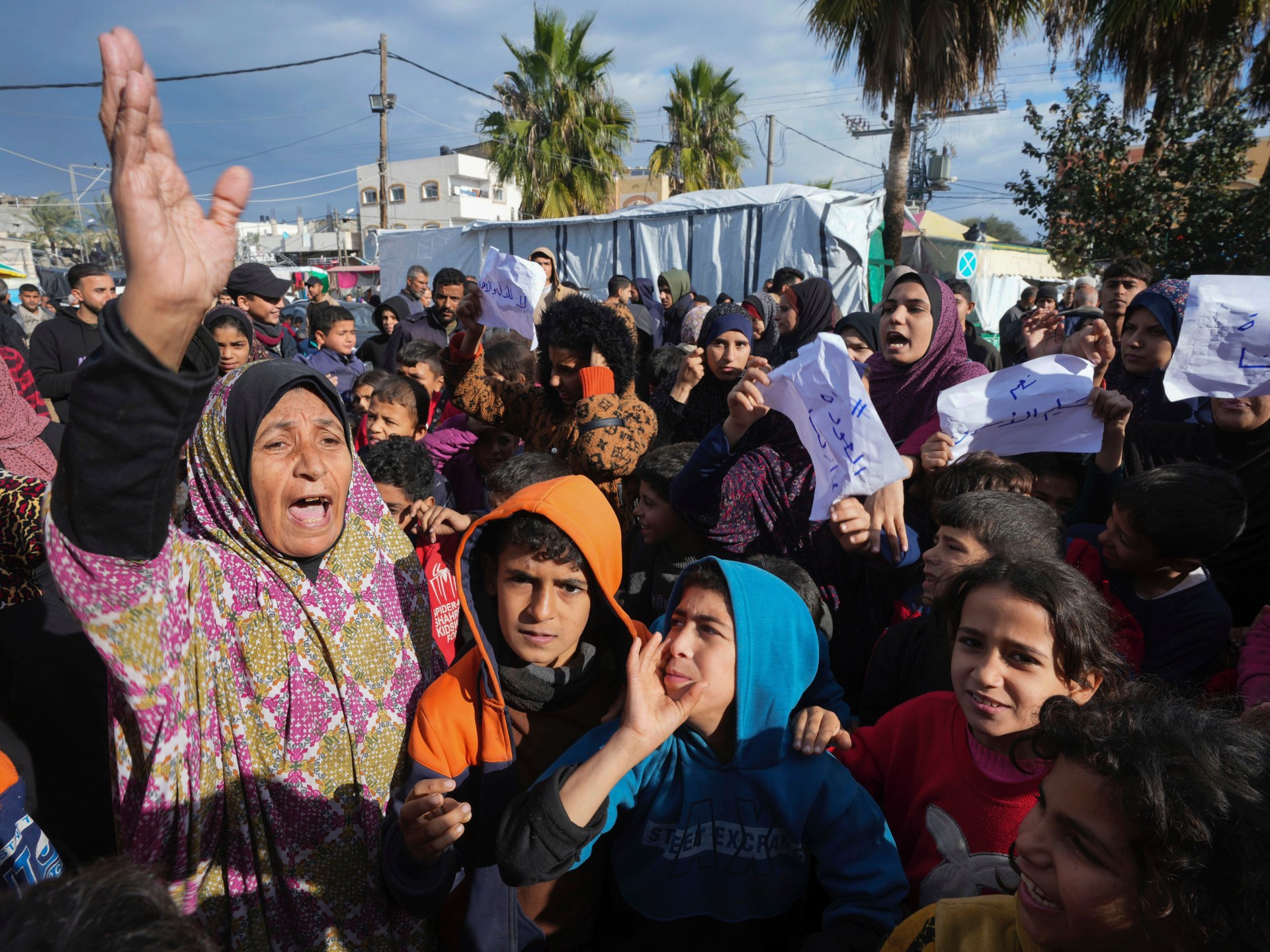Philippine president Ferdinand Marcos Jr. to meet Biden in Washington
The agreement, which will add to the five bases there that the United States already uses for training and the pre-positioning of equipment, is also helping rehabilitate a Philippine political dynasty that was, until recently, regarded as a pariah in the international community.
Washington’s embrace of Marcos Jr., the son of the late dictator Ferdinand E. Marcos, who ruled for two decades, would have seemed far-fetched only a year ago. Before his election in May 2022, it was unclear whether he would be able to set foot in the United States. Marcos Jr. faces a contempt order in a class-action lawsuit related to unpaid damages for human rights violations under his father’s rule.
But the meeting Monday between Biden and Marcos Jr. marks a milestone for the family, who have gone from political outcasts to guests of honor in the U.S. capital. Over the years, the United States both propped up Ferdinand Marcos Sr. and allowed legal cases against his government to move through the courts. It also highlights how geopolitical interests often trump accountability concerns.
“This is where Marcos and U.S. interests overlap,” said Ruben Carranza, former commissioner of the Presidential Commission on Good Government in the Philippines, which was tasked with recovering the Marcos family’s ill-gotten wealth.
“The U.S. needs Marcos Jr. as a doorman to hold the door open for U.S. forces,” he said. “On the other hand, Marcos needs the U.S. in order to stay in power — to curb the ambitions of any military faction being courted by competing political dynasties, to maintain the diplomatic immunity that allows him to reenter the U.S.”
Soon after winning in a landslide victory, Marcos Jr. said he hoped to “reintroduce the Philippines” to America and the world. Analysts say the United States is eager to reestablish ties after six years of strained relations under Marcos Jr.’s predecessor, Rodrigo Duterte, and amid a broader push to shore up its position against China.
When Marcos Jr. was elected, Biden called to congratulate him. In June, Deputy Secretary of State Wendy Sherman dashed speculation on a possible Marcos Jr. arrest on U.S. soil, assuring reporters that the head of state had diplomatic immunity and was welcome in the United States.
The two countries are defense treaty allies, but have had some “rocky times,” Biden said after meeting with Marcos Jr. for the first time in September when the Philippine president traveled to New York for the U.N. General Assembly.
“We can do a lot together,” Biden said. “I’m desperately interested in making sure we do.”
But as a senator in the 1980s, Biden was a vocal critic of Marcos Sr., whose 20-year reign saw thousands arrested, killed and tortured. Biden also opposed efforts by the Reagan administration to protect the Philippine leader, who fled to exile in Hawaii after a people’s revolution ousted him in 1986.
Biden, then a member of the Senate Foreign Relations Committee, suggested that President Ronald Reagan’s willingness to support the Philippine dictator was in part based on his desire to maintain U.S. leases on military bases. Reagan and Marcos Sr., and their wives, also shared a personal friendship.
“If we are totally identified with a corrupt, discredited regime that does not have the support of its people, we may be able to hold on to our bases in the short term but we will so alienate the people that we will lose them in the long run,” Biden said at the time, according to the Congressional Record.
For those who lived under Marcos Sr., the meeting between Biden and the dictator’s son legitimizes the political rule of a family that plundered up to $10 billion of the country’s wealth — and reverses decades-long efforts to hold them accountable.
In the United States, a coalition of Filipino community leaders warned in a statement against “uncritical engagement” with Marcos Jr. and what they said was his campaign “to reintroduce a whitewashed image of the Marcos family’s shameful legacy.”
Marcos’s camp did not respond to a request for comment.
“We are praying and hoping to see that President Biden will not make the same mistake as ex-president Reagan,” said Potri Ranka Manis, a claimant in the class-action suit who was tortured by authorities while Marcos Sr. was in power.
In 1995, a Hawaii court ordered Marcos Sr. to pay nearly $2 billion to thousands of victims of human rights violations under Marcos Sr. The same court later issued a contempt order against Marcos Jr. and his mother, Imelda Marcos, for selling frozen assets, including valuable artworks, that were a potential source of compensation.
The Marcoses appealed the ruling and lost — but so far the order has gone largely unenforced, with only partial payments to some victims.
“The U.S. has done this before. [It] didn’t care about the human rights record of the Philippines so long as Marcos was able to safeguard the military bases,” said Aries Arugay, chairman of the political science department at the University of the Philippines in Diliman.
In September, when Marcos Jr. visited the United Nations, Filipino Americans staged protests in Washington and Manhattan.
“If the U.S. had not supported the Marcoses, they would not have returned to power today,” said Carol Ojeda-Kimbrough, a scholar of Asian American studies and a community organizer who fled Marcos Sr.’s rule.
According to Alfred McCoy, a historian and Philippine political expert at the University of Wisconsin at Madison, neither the United States nor the Philippines “has reason to recall the troubled chapters in this century-long relationship.”
“And that is a shame,” McCoy said. “Since history has much to teach.”
Cabato reported from Madrid and Westfall reported from Washington.
Check out our Latest News and Follow us at Facebook
Original Source







